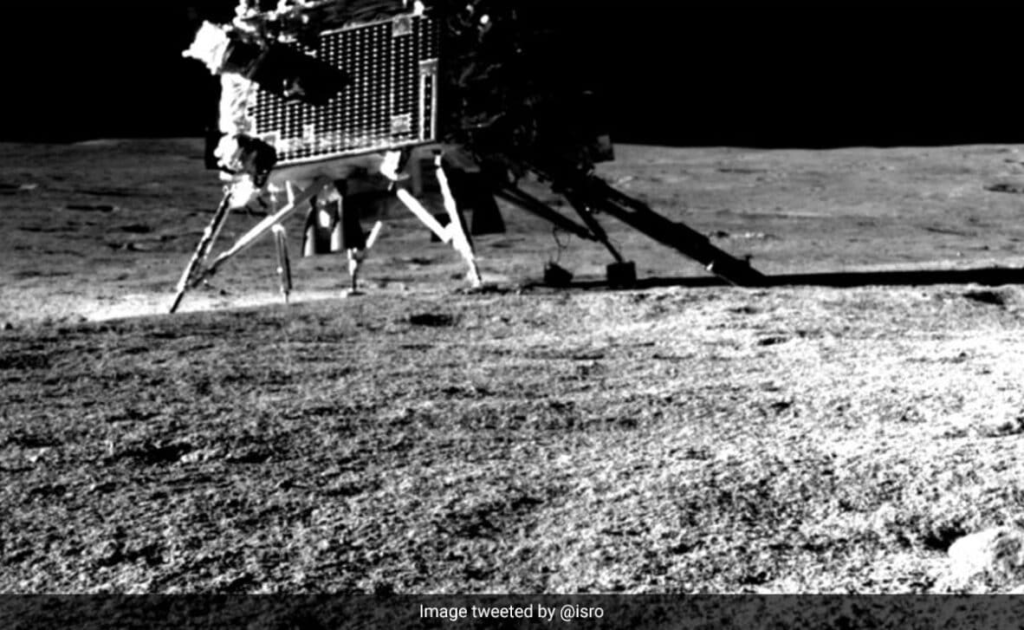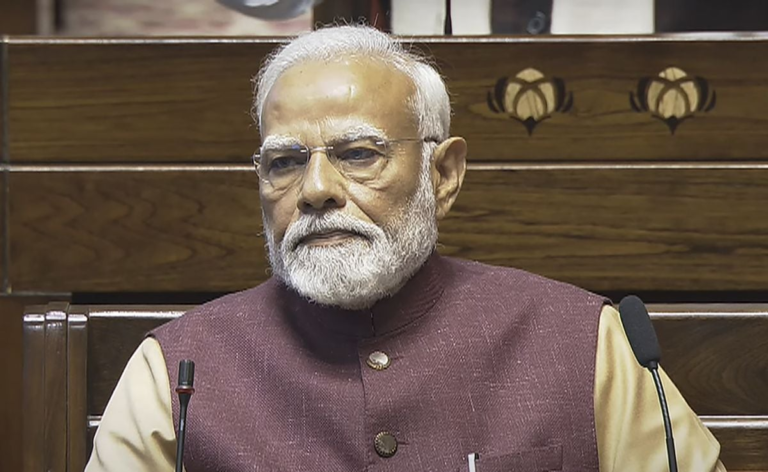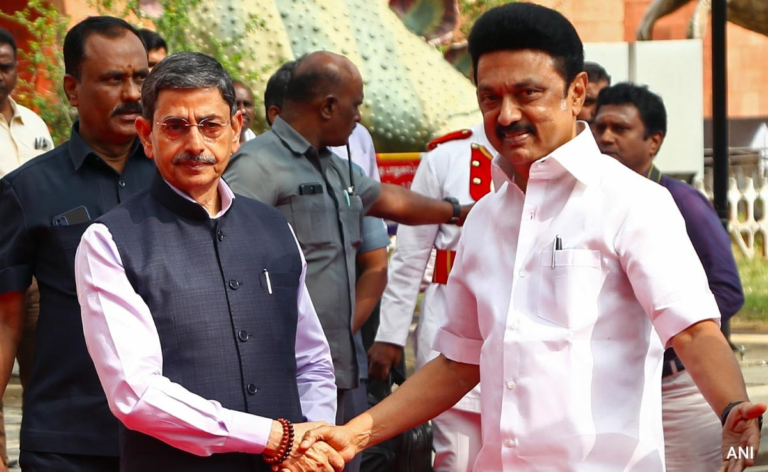
Chandrayaan-3 Moon Landing: India made history last month
New Delhi:
Days after Chandrayaan-3’s successful moon landing, the Vikram Lander has made a touchdown on the lunar surface again, the Indian space agency said today.
“Vikram Lander has exceeded Chandrayaan-3 mission objectives and successfully completed a “hop experiment”,” said the Indian Space Research Organisation (ISRO).
“On command, it fired the engines, elevated itself by about 40 cm as expected and landed safely at a distance of 30 – 40 cm away,” ISRO said.
Chandrayaan-3 Mission:
🇮🇳Vikram soft-landed on 🌖, again!Vikram Lander exceeded its mission objectives. It successfully underwent a hop experiment.
On command, it fired the engines, elevated itself by about 40 cm as expected and landed safely at a distance of 30 – 40 cm away.… pic.twitter.com/T63t3MVUvI
— ISRO (@isro) September 4, 2023
ISRO said this achievement “kickstart enthuses future sample return and human missions.”
The space agency said that Vikram’s systems are healthy and performed nominally. “Vikram’s systems deployed ramp, equipment folded back and redeployed successfully after the experiment,” it said.
Last week, the Chandrayaan-3 mission’s Pragyan rover was “set into Sleep mode” but with batteries charged and receiver on.
“Hoping for a successful awakening for another set of assignments. Else, it will forever stay there as India’s lunar ambassador,” the space agency said.
India made history as the first country to land near the south pole of the moon with its Chandrayaan-3 lander last month.
Chandrayaan-3’s soft, textbook touchdown after a failed attempt in 2019 has sparked widespread jubilation in the country. The landing, which came just days after a Russian lander crashed in the same region, is being seen as India’s greatest scientific feat.
The country has been steadily matching the achievements of other space programmes at a fraction of their cost. ISRO’s first Sun mission, Aditya-L1, was launched successfully last week. The key objectives of the mission are understanding the coronal heating and solar wind acceleration.
ISRO is slated to launch a three-day crewed mission into Earth’s orbit by next year. It also plans a joint mission with Japan to send another probe to the Moon by 2025 and an orbital mission to Venus within the next two years.
(This news is published through a syndicated feed courtesy NDTV)



